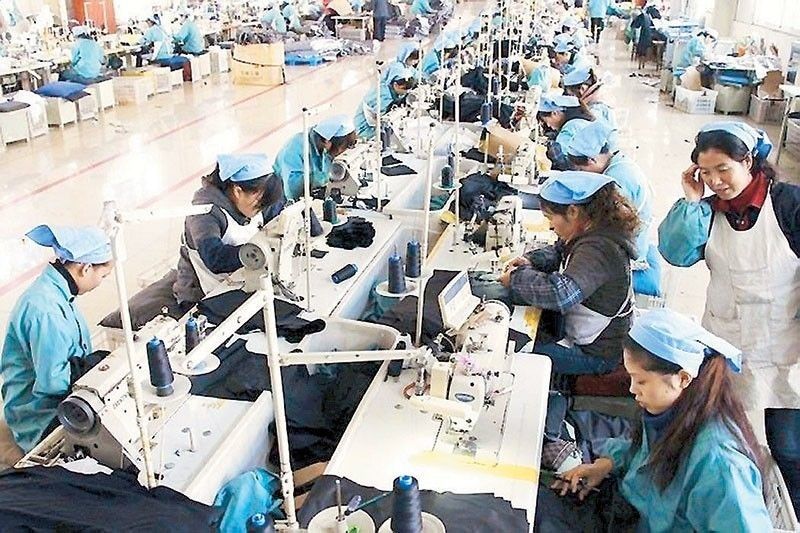Factory activity shrinks in March

MANILA, Philippines — The country’s manufacturing sector slipped into negative territory in March for the first time in 19 months due to weak demand.
In a statement yesterday, S&P Global said that the Philippines’ manufacturing purchasing managers’ index (PMI) stood at 49.4 in March, down from 51 in February.
This is the first time that the PMI was below the 50 mark since August 2023 when the reading was at 49.7.
A reading below 50 PMI denotes a decline in the country’s manufacturing conditions, while above 50 means an expansion.
Generated from a survey of around 400 companies, the PMI is a gauge of the health of the manufacturing sector. It takes into account new orders, output, employment, suppliers’ delivery times and stocks of purchases.
“The Filipino manufacturing sector indicated a renewed deterioration in operating conditions in March. Furthermore, the health of the sector worsened at the strongest pace since August 2021,” S&P Global Market Intelligence economist Maryam Baluch said.
She said manufacturers have cited a reduction in new orders amid growing competition and fewer clients.
Amid reduced orders, manufacturers scaled back output.
In terms of employment, workforce numbers were unchanged in March as reduced orders meant manufacturers had enough manpower to meet requirements and finish pending tasks.
Despite challenging conditions, Baluch said businesses remain optimistic in their year-ahead production forecasts, with confidence levels at a four-month high.
“Optimism was reflected in firms’ decisions to maintain their purchasing activity and build stocks. At the same time, inflationary pressures remained relatively contained and subdued in the context of the series history,” she said.
Jingyi Pan, economics associate director of the PMI team at S&P Global Market Intelligence, said in an interview with Money Talks that while the optimism was the highest in four months, it was still below the long-run average.
She said the upcoming elections and potential interest rate cuts are lifting the sentiment of Philippine manufacturers.
“But on the long-run basis, I think a lot of them are also very much concerned over the impact on tariffs on what that might actually mean as well for production in the next year,” she said.
US President Donald Trump is set to impose reciprocal tariffs on all trading partners to supposedly fix trade imbalances.
- Latest
- Trending



























